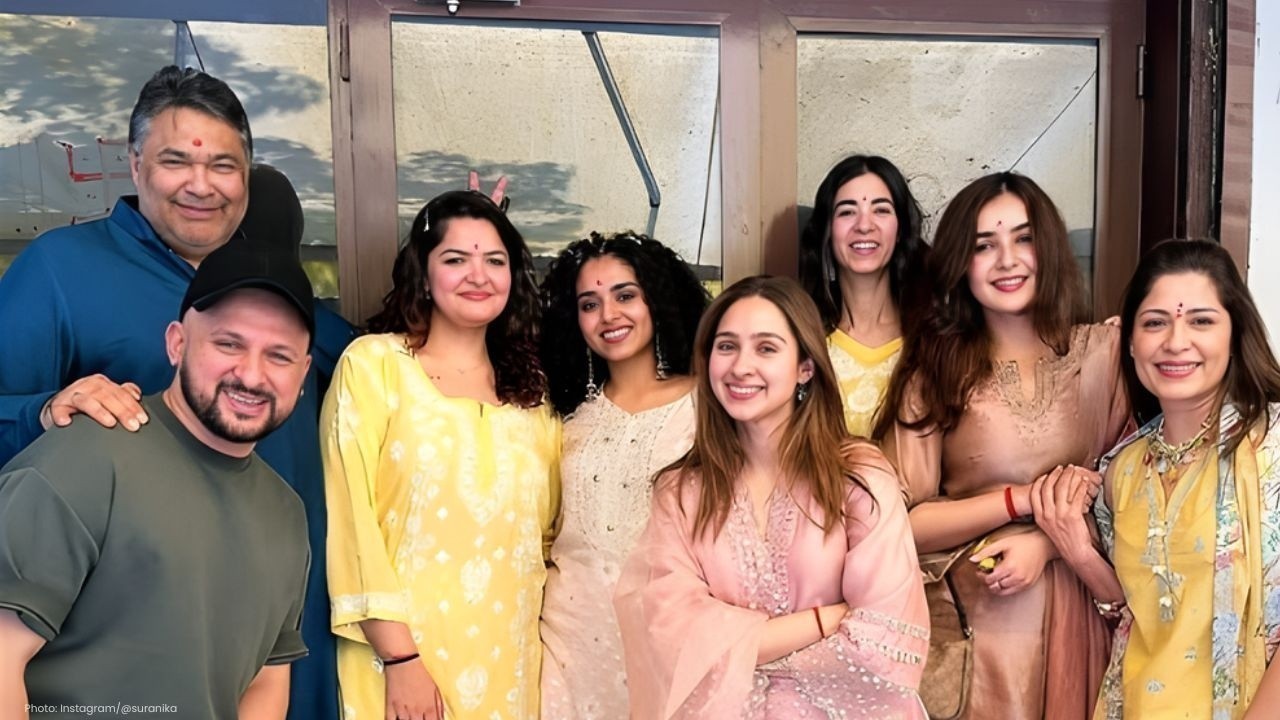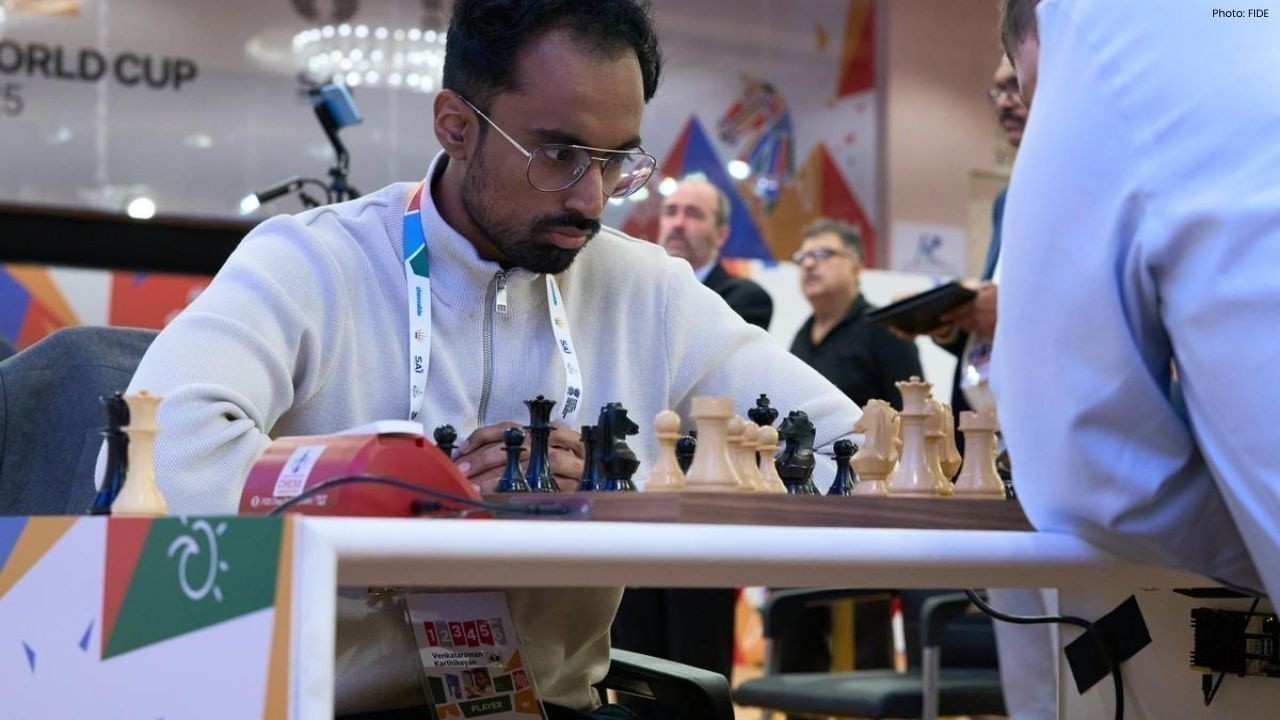
Post by : Anis Karim
A new creative era is unfolding — one where writers don’t just rely on notebooks, keyboards and caffeine, but also AI tools that think, generate and suggest. Where once all writing was crafted line-by-line in isolation, many writers today treat generative-AI as a quiet collaborator — a tool to spark ideas, break creative blocks and refine narrative paths.
This isn’t about machines replacing authors. It’s about writers evolving their workflow. The toolset has expanded. Instead of staring at a blank page hoping inspiration appears, writers now have an intelligent assistant ready to brainstorm, outline, rephrase and polish.
Generative-AI hasn’t eliminated creativity — it has amplified it, provided it is used wisely.
Writers often say the hardest part is starting. AI makes beginning easier by offering a range of angles, themes, outlines and narrative structures. It’s like sitting with a creative brainstorming partner who never runs out of ideas.
A writer’s first draft doesn’t need to be perfect — it just needs to exist. Many professionals now let AI generate starter paragraphs or sections, which they then refine in their own voice. This saves hours and eases cognitive load.
Need to sound more formal? Warmer? More conversational? Sharper? AI can adjust tone, simplify complex text or enrich dull paragraphs. It’s a powerful rewriting companion that helps match brand voice, editorial tone, or audience expectation.
Writers who sort through lengthy studies, data, interviews or long transcripts can now use AI to condense information into key points. It accelerates understanding and helps creators identify what matters most.
With AI, long essays become short Twitter threads, newsletters transform into video scripts, and case studies turn into social media captions. Writers stretch one piece of work into many formats without losing message quality.
In short — AI speeds up the parts that often drain energy, freeing writers to focus on depth, creativity and voice.
While AI can generate text quickly, over-reliance risks blending into a generic style. The most admired writers have unforgettable voices; that personal touch must remain. AI should assist creation, not homogenize it.
AI can be confidently wrong. It may misinterpret facts or create information gaps. Writers still carry responsibility for truth, nuance and research integrity. Fact-checking remains non-negotiable.
Authentic writing matters. Ethical questions rise:
– Should readers know when AI helped?
– Where is the line between assistance and authorship?
– How much automation is too much?
Responsible use is becoming a key professional expectation.
Writing is a craft — and like any craft, practice matters. If AI handles all early drafts, a writer risks losing their creative muscle. Balance is essential. The tools should sharpen skill, not dull it.
As AI-generated content increases online, quality and originality become competitive advantages. Writers who blend AI efficiency with human depth — insight, lived experience, emotional nuance — will stand out.
Questions continue around who “owns” AI-generated text. Writers must understand tool policies, copyright laws and usage rights to protect their work and credibility.
– Treat AI as a partner, not a replacement
Allow it to kickstart ideas, but refine drafts yourself.
– Retain control of structure and narrative direction
Your thinking drives the story — the tool only supports execution.
– Add personal experience, observations and emotional texture
AI can suggest — only humans can feel.
– Fact-check everything
Accuracy builds trust.
– Build customised prompts and workflows
The more tailored the query, the better the output.
– Master rewriting and polishing AI drafts
Editing is where skill shines.
– Stay educated on ethical practices
Transparency and responsibility will define respected voices in the AI era.
Writers who use AI with intention, curiosity and discipline will excel — not just in productivity, but in creative richness.
The evolution is ongoing. What comes next?
– writing tools that understand personal style deeply
– real-time story/creative feedback instead of post-writing edits
– stronger offline AI editing models
– platforms that combine writing, visuals, strategy and publication
– protections for human originality and authorship
– specialised AI models trained for journalism, academic writing, marketing, fiction, poetry and law
– clearer transparency and ethical norms across publishing industries
We are entering a stage where AI doesn’t just produce content — it helps writers think better, organise thought better and communicate better.
The pen has not been replaced — it has been upgraded.
Generative-AI is reshaping writing — not by replacing writers, but by changing how we write. It improves speed, sparks creativity, and simplifies tasks that once consumed hours. Yet the soul of writing — voice, empathy, emotion, lived perspective, storytelling instinct — remains human.
The most compelling work will continue to come from those who blend technology with talent — not those who hand everything to a machine.
In the future of writing, the winners will be:
– humans who think deeply
– creatives who adapt
– writers who treat AI as a tool, not a crutch
The page is still yours — AI just helps you turn it faster.
This content is for editorial and informational use. Each writer’s workflow and creative process may differ. AI should be used responsibly, with professional judgment, factual accuracy, and personal creativity guiding the final work.

Beyond Fingerprints: The Rise of Voice, Vein and Behaviour-Based Biometrics in Everyday Life
An in-depth exploration of the next generation of biometric security — from voice patterns and vein

NHS Surgeon Explains Why Miso Soup Is Great for Gut Health and Weight Loss
Learn how miso soup can improve gut health, support weight loss, and make you feel full for longer,

Dietician Shares 5 Foods to Boost Metabolism Naturally: Quinoa, Greek Yoghurt and More
Learn which 5 everyday foods can naturally improve your metabolism, help burn calories, and increase

Akasa Air to Launch New International Flights from Delhi, Expands Fleet
Akasa Air plans international departures from Delhi, eyeing Singapore, Indonesia & more, while expec

Aditi Rao Hydari Shares Her Makeup Mantras: Red Lips, Simplicity, and Confidence
Aditi Rao Hydari shares her beauty secrets at Nykaaland, highlighting red lipstick, minimal makeup,

Warren Pushes Pentagon Repair Rights, Targets Defense Lobby
Senator Warren urges defense firms to support military repair rights, aiming to cut costs, speed mai

US Woman Born With No Brain Defies Odds, Celebrate 20th Birthday
Alex Simpson, born with no brain, celebrates 20th birthday, defying doctors’ odds. Her rare hydranen

Saba Azad Cheers Hrithik Roshan's Niece Bakery Launch
Hrithik Roshan's niece Suranika opens The Moon Beam Bakery; Saba Azad shares a heartfelt Instagram s

Jets Make History with Two Special Teams Touchdowns
The New York Jets made franchise history with two special teams touchdowns in one quarter, defeating

Chargers Beat Steelers 25-10 as Herbert, Defense Shine
The Los Angeles Chargers beat the Pittsburgh Steelers 25-10 at home. Justin Herbert impressed while

Rams Beat 49ers as Adams Injures Oblique Late in Game
The Los Angeles Rams beat the San Francisco 49ers 42-26, but Davante Adams left in the fourth quarte

Jurel’s Batting Form Puts Pressure on Team Selection
Dhruv Jurel’s great form before the South Africa Tests gives India’s selectors a tough choice as Ris

Indian GM Karthik Marches into FIDE World Cup Fourth Round
GM Karthik Venkataraman defeated Bogdan-Daniel Deac in tiebreaks to reach round four of the FIDE Wor

Ryan Williams Joins Indian Camp After Citizenship Change
Ryan Williams, who gave up his Australian citizenship, has joined India’s football camp in Bengaluru

Japan Goalkeeper Zion Suzuki Withdraws Due to Injury
Japan’s goalkeeper Zion Suzuki withdraws from matches against Ghana and Bolivia after suffering wris